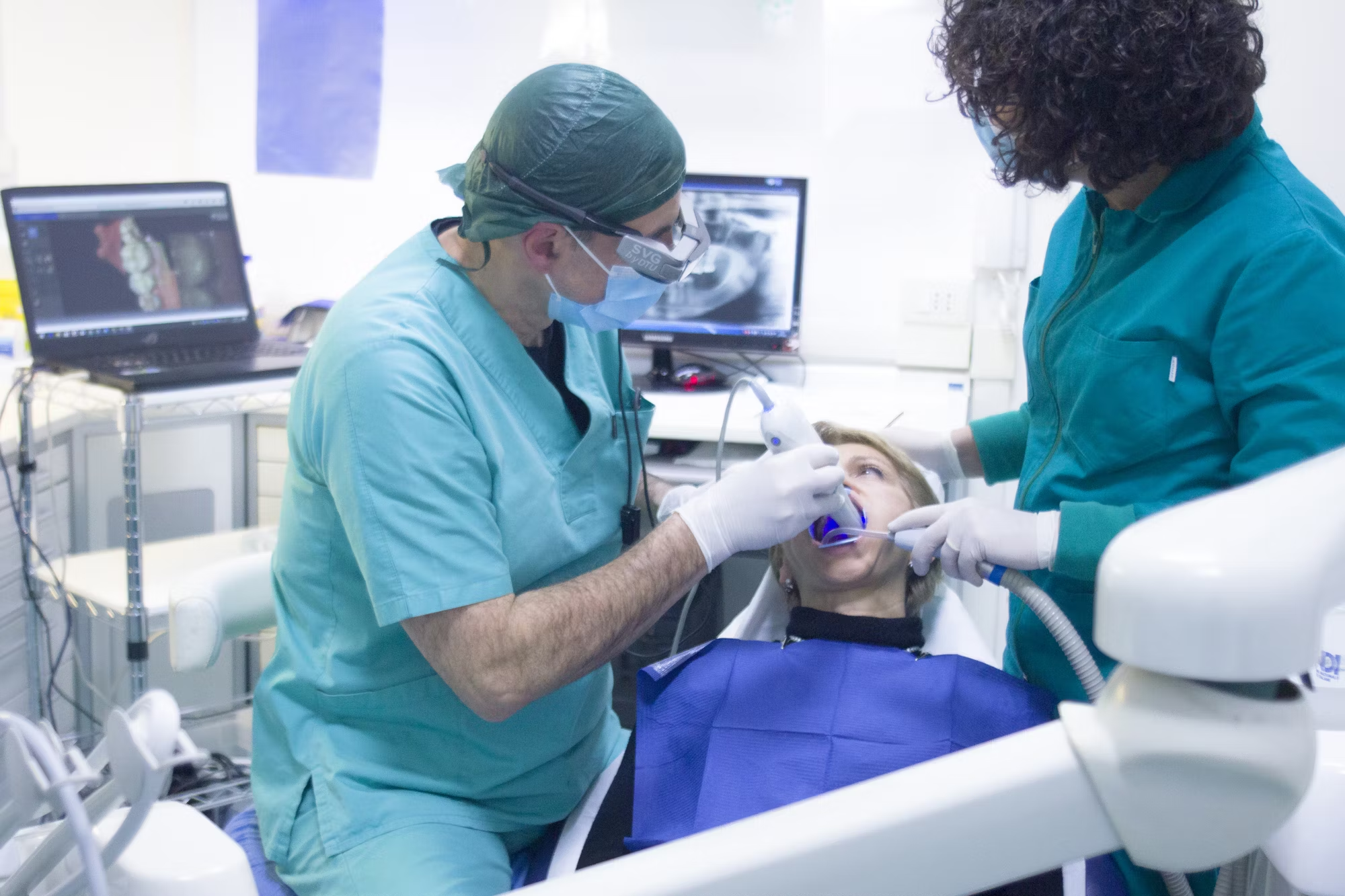Orthopedic clinics play an essential role in the healthcare system, focusing on the diagnosis, treatment, and rehabilitation of musculoskeletal conditions. These clinics specialize in addressing issues related to bones, joints, muscles, ligaments, and tendons, which are fundamental for maintaining mobility and overall quality of life. As the population ages and physical activity levels change, the demand for orthopedic care continues to grow, making these clinics increasingly vital in promoting health and well-being. At the core of orthopedic clinics is the commitment to providing comprehensive evaluations for patients experiencing pain or dysfunction in their musculoskeletal system. Common conditions treated at these clinics include arthritis, fractures, sprains, tendonitis, and sports injuries. By utilizing advanced diagnostic tools such as X-rays, MRIs, and CT scans, orthopedic specialists can accurately assess the extent of injuries and develop tailored treatment plans for each patient. One of the primary focuses of orthopedic clinics is non-surgical treatment options. Many conditions can be managed effectively through conservative approaches, including physical therapy, medication, and lifestyle modifications. Physical therapy is particularly significant, as it helps patients regain strength, flexibility, and function through targeted exercises and rehabilitation techniques. This holistic approach not only addresses immediate concerns but also empowers patients to take an active role in their recovery. Additionally, orthopedic clinics often emphasize the importance of preventive care. Many clinics provide education on injury prevention, emphasizing the need for proper techniques during physical activities, strength training, and the use of appropriate equipment. By equipping patients with knowledge and resources, orthopedic clinics aim to reduce the risk of injuries, promoting a healthier lifestyle and enhancing long-term mobility. While many musculoskeletal issues can be managed without surgery, orthopedic clinics are also equipped to perform surgical interventions when necessary. Orthopedic surgeons are trained to carry out a variety of procedures, ranging from arthroscopic surgeries to joint replacements. These surgical options are typically considered when conservative treatments have failed to provide relief or when a condition severely impacts a patient’s quality of life. The advancements in minimally invasive surgical techniques have revolutionized orthopedic care, allowing for quicker recovery times and reduced postoperative discomfort. Post-surgical rehabilitation is another crucial aspect of the services provided by orthopedic clinics. After undergoing surgery, patients often require structured rehabilitation programs to regain strength and mobility. Orthopedic clinics frequently collaborate with physical therapists to create personalized rehabilitation plans, guiding patients through each stage of recovery. This comprehensive approach ensures that individuals can return to their daily activities safely and effectively. Another significant area of focus for orthopedic clinics is sports medicine. With the rising popularity of sports and physical activities, more individuals are seeking care for sports-related injuries. Orthopedic clinics often employ specialists in sports medicine who understand the unique demands of athletes and active individuals. These specialists not only treat injuries but also work on injury prevention strategies and performance enhancement, helping athletes achieve their goals while minimizing the risk of setbacks. Patient education is a cornerstone of the care provided in orthopedic clinics. Healthcare providers take the time to explain conditions, treatment options, and recovery processes to patients, ensuring that they understand their health and feel empowered in their decision-making. This approach fosters trust between patients and providers, leading to improved compliance with treatment plans and better health outcomes. Additionally, orthopedic clinics are increasingly adopting technology to enhance patient care. Telehealth services allow patients to consult with specialists remotely, making it easier for those with transportation challenges or busy schedules to receive expert guidance. Furthermore, clinics may utilize digital tools to monitor patient progress and adjust treatment plans in real time, ensuring that individuals receive timely and effective care. Accessibility is another crucial factor that orthopedic clinics strive to address. Many clinics offer flexible scheduling and walk-in services, accommodating patients with varying needs and schedules. This commitment to accessibility helps ensure that individuals can receive care when they need it, reducing delays in treatment that could lead to further complications. Community outreach is also an essential aspect of many orthopedic clinics. By hosting workshops, health fairs, and educational seminars, these clinics engage with the community to promote awareness of musculoskeletal health and injury prevention. This proactive approach fosters a culture of health and wellness, encouraging individuals to seek care before issues escalate. In conclusion, orthopedic clinics are vital components of the healthcare system, providing specialized care for musculoskeletal conditions that affect countless individuals. Through a combination of non-surgical and surgical treatments, preventive care, and patient education, these clinics empower patients to maintain their mobility and improve their quality of life. As the demand for orthopedic care continues to rise, the role of these clinics will only become more critical in promoting health and well-being across communities. By embracing innovation and maintaining a patient-centered approach, orthopedic clinics are well-equipped to meet the evolving needs of those they serve.
